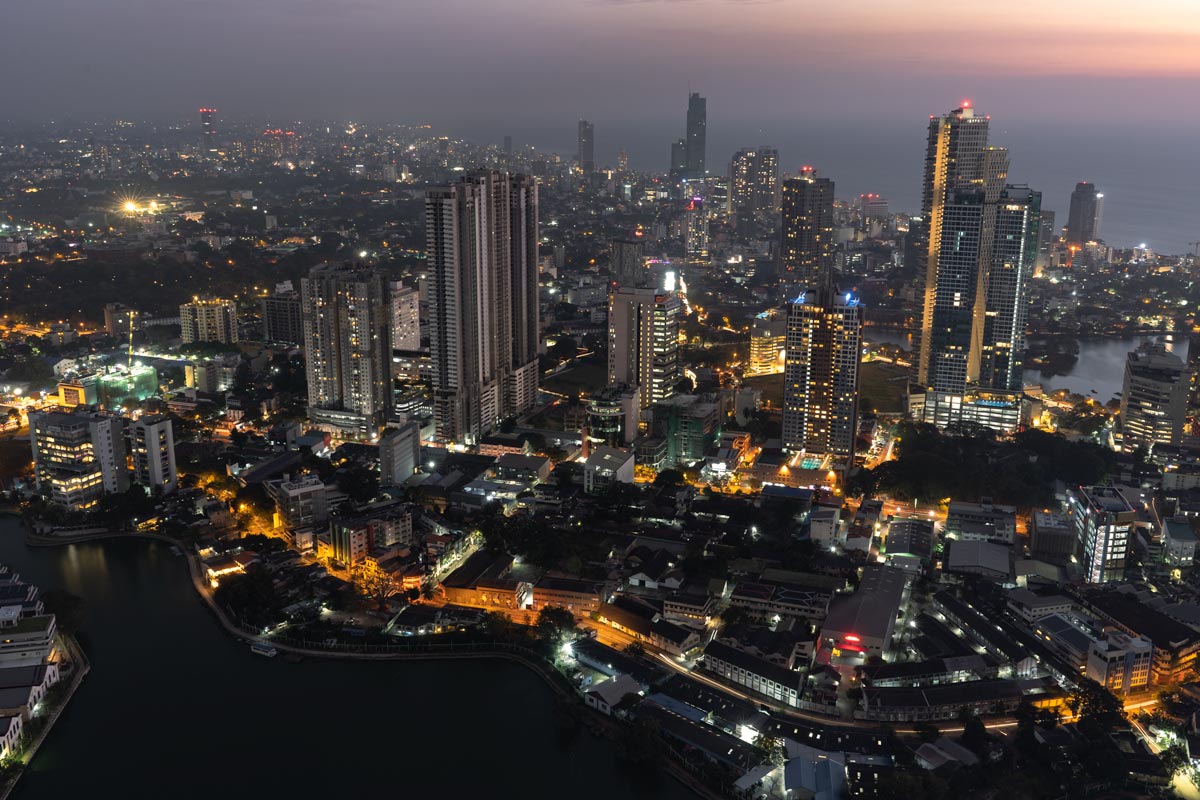
Today, Sri Lanka solemnly observes the 53rd anniversary of its transition to a republic, a landmark event that marked the country’s full assertion of sovereignty and the formal severance of constitutional ties with the British Crown. This historic milestone, celebrated quietly across the nation, reflects a pivotal moment in Sri Lanka’s journey from colonial subjugation to independent statehood.
On May 22, 1972, then known as Ceylon, Sri Lanka adopted its first homegrown Constitution, replacing the British-inherited Soulbury Constitution. This act transformed the island nation from a Dominion within the Commonwealth—still recognizing the British monarch as head of state—into a fully sovereign republic with its own National State Assembly and political framework rooted in Sri Lankan traditions, values, and aspirations.
Although Sri Lanka had gained independence from British rule on February 4, 1948, that independence was limited by the continued constitutional role of the British monarchy. The 1972 Republican Constitution symbolized a decisive break from this legacy, affirming the country’s right to self-governance and national identity free from external authority.
The birth of the republic took place amid a global wave of decolonization, as many former colonies sought to reclaim political agency. For Sri Lanka, this constitutional shift was not only a legal transformation but also a cultural renaissance, reasserting its millennia-old civilization and distinct national character after centuries of foreign dominance.
Despite the profound significance of Republic Day, formal state celebrations have largely ceased since 2009, and the day is now marked with quiet reflection rather than public festivities. Nevertheless, legal scholars, historians, and civic groups continue to honor the anniversary as a reminder of the ongoing responsibility to uphold democratic principles, institutional integrity, and the rule of law in Sri Lanka’s evolving political landscape.
As the nation reflects on this defining chapter, Republic Day stands as a testament to Sri Lanka’s enduring commitment to sovereignty and democracy, inspiring future generations to safeguard the freedoms hard-won by their predecessors.
Comments
Post a Comment